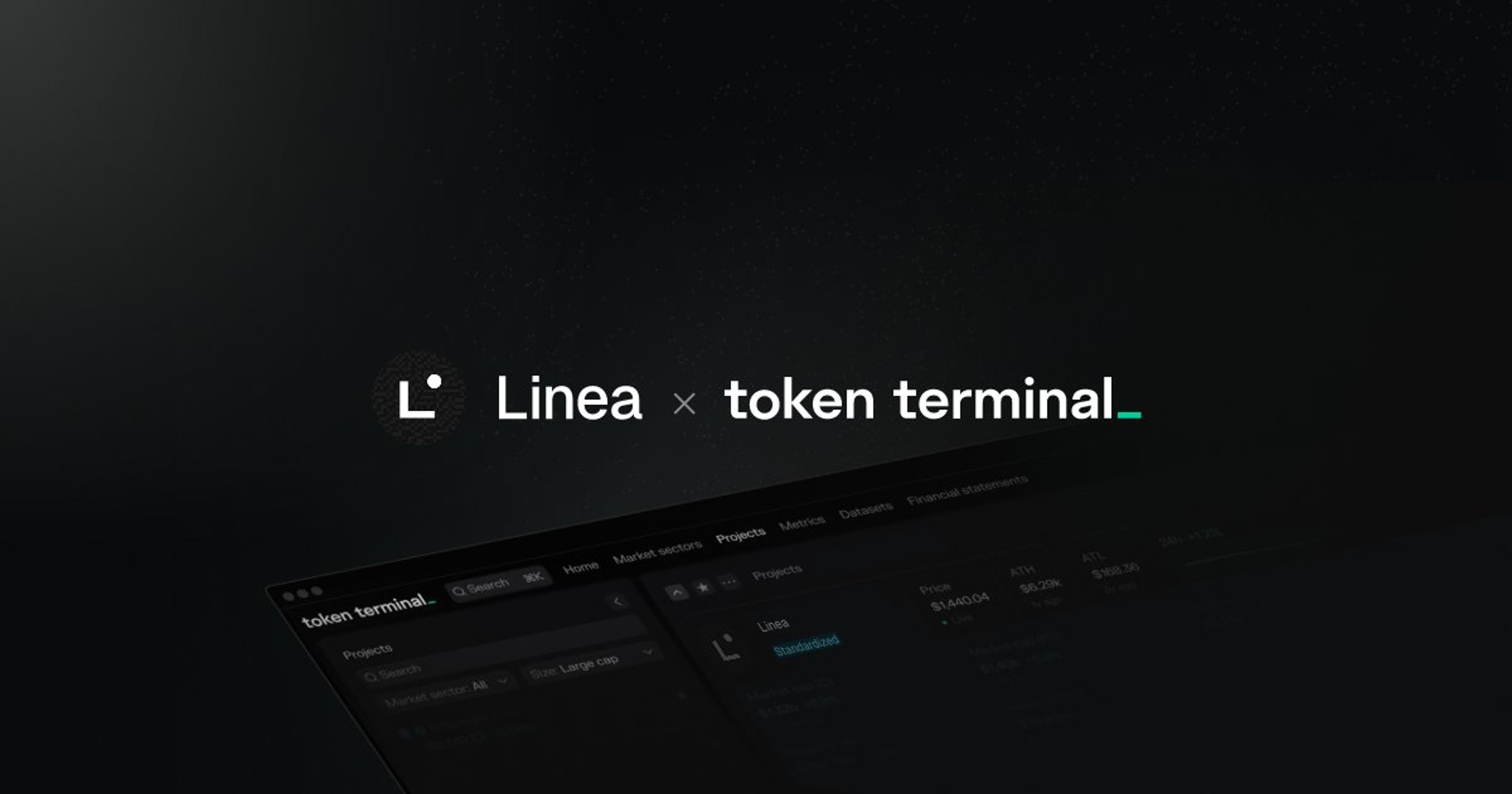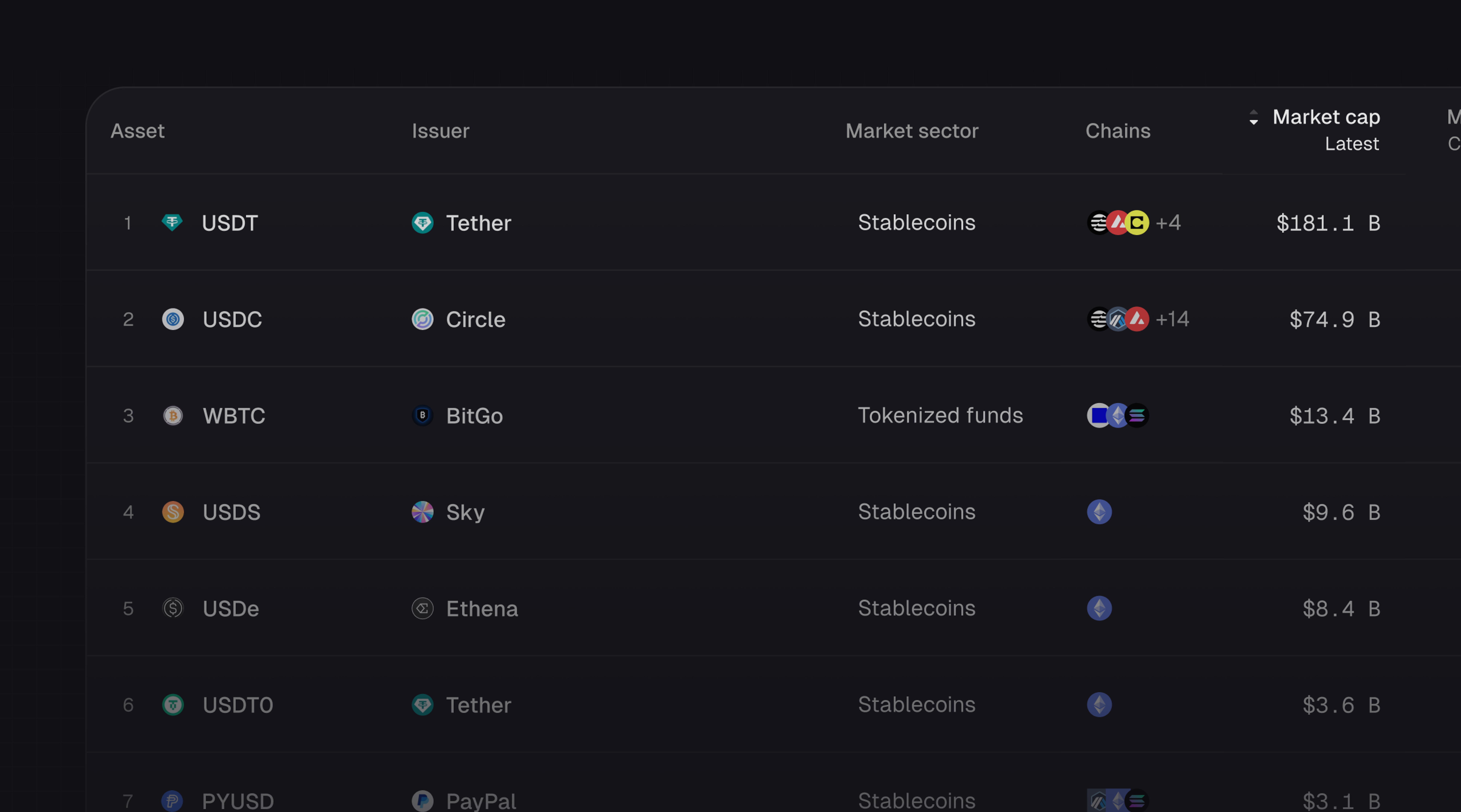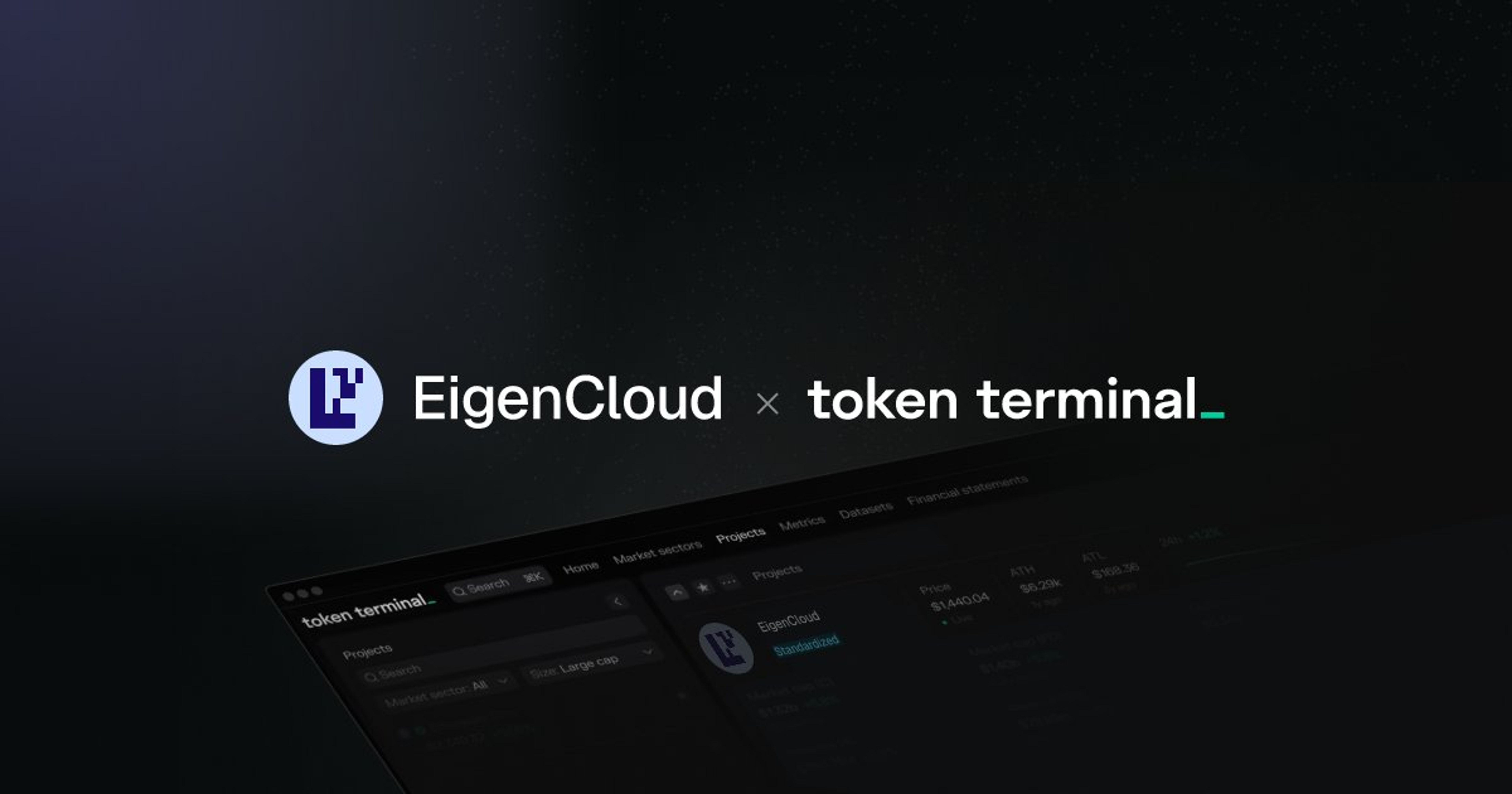Research
TL;DR: UMA (Universal Market Access) is a protocol that enables users to create synthetic tokens through overcollateralization. A…

TL;DR: UMA (Universal Market Access) is a protocol that enables users to create synthetic tokens through overcollateralization. A synthetic token tracks the price of some predefined reference asset or index, like gold or the S&P 500.
What’s new about UMA?
Their Minimum Viable Oracle design.
UMA avoids the use of on-chain price feeds by employing a reactive oracle. A reactive oracle is similar to a court in that the contracting parties make use of it (for a cost) only when they disagree.
How can a reactive oracle work?
Anyone can redeem synthetic tokens against the underlying collateral.
If a liquidator thinks the synthetic tokens are overcollateralized but under the required ratio, she can liquidate them and profit the difference. Synthetic tokens that have not been liquidated are assumed to be properly collateralized.
How does UMA make money?
UMA tokenholders are the oracle.
They charge fees for voting how much any given synthetic token was worth upon its expiry or liquidation (if the liquidation was disputed). They also charge a periodic % fee of all the value locked in the system, similar to a management fee.
How should UMA tokens be valued?
The value of $UMA is based on future fee streams (DCF), where:
- as more synthetic assets are (expected to be) created
- more value is locked in the system and the oracle is used
- more fees are generated
- the value of
- $UMA
- goes up.
Is the protocol secure to use?
Security comes from making sure that the cost of acquiring 51% of $UMA is always higher than the value of the collateral that an attacker could steal.
The protocol automatically adjusts fee levels and uses fees to to buy back $UMA to inflate its price to a level where it’s economically irrational to attack the protocol.
Who governs the protocol?
The different parameters (approved collateral assets and price feeds, fee levels, etc.) of the protocol are governed on-chain by $UMA tokenholders.
Audit report
UMA’s contracts have been audited by OpenZeppelin and no critical vulnerabilities were found.
The final report is available here.
The Uniswap listing
The UMA token ($UMA) will be listed on Uniswap at approximately 15:00 UTC on Wednesday, April 29th.
It’s interesting to see the turnout of one of the first (if not the first?) initial dex offerings.
Token Terminal provides financial and business metrics on crypto protocols — metrics we’re used to seeing applied to traditional companies, e.g the P/E ratio. Crypto protocols operate like traditional businesses, only they do it directly on the Internet.
For more, check out Token Terminal’s website and Twitter.
The authors of this content, or members, affiliates, or stakeholders of Token Terminal may be participating or are invested in protocols or tokens mentioned herein. The foregoing statement acts as a disclosure of potential conflicts of interest and is not a recommendation to purchase or invest in any token or participate in any protocol. Token Terminal does not recommend any particular course of action in relation to any token or protocol. The content herein is meant purely for educational and informational purposes only, and should not be relied upon as financial, investment, legal, tax or any other professional or other advice. None of the content and information herein is presented to induce or to attempt to induce any reader or other person to buy, sell or hold any token or participate in any protocol or enter into, or offer to enter into, any agreement for or with a view to buying or selling any token or participating in any protocol. Statements made herein (including statements of opinion, if any) are wholly generic and not tailored to take into account the personal needs and unique circumstances of any reader or any other person. Readers are strongly urged to exercise caution and have regard to their own personal needs and circumstances before making any decision to buy or sell any token or participate in any protocol. Observations and views expressed herein may be changed by Token Terminal at any time without notice. Token Terminal accepts no liability whatsoever for any losses or liabilities arising from the use of or reliance on any of this content.
Stay in the loop
Join our mailing list to get the latest insights!
Continue reading

Customer stories: Token Terminal’s Data Partnership with Linea
Through its partnership with Token Terminal, Linea turns transparency into a competitive advantage and continues to build trust with its growing community.

Introducing Tokenized Assets
Token Terminal is expanding its standardized onchain analytics to cover the rapidly growing category of tokenized real-world assets (RWAs) – starting with stablecoins, tokenized funds, and tokenized stocks.

Customer stories: Token Terminal’s Data Partnership with EigenCloud
Through its partnership with Token Terminal, EigenCloud turns transparency into a competitive advantage and continues to build trust with its growing community.